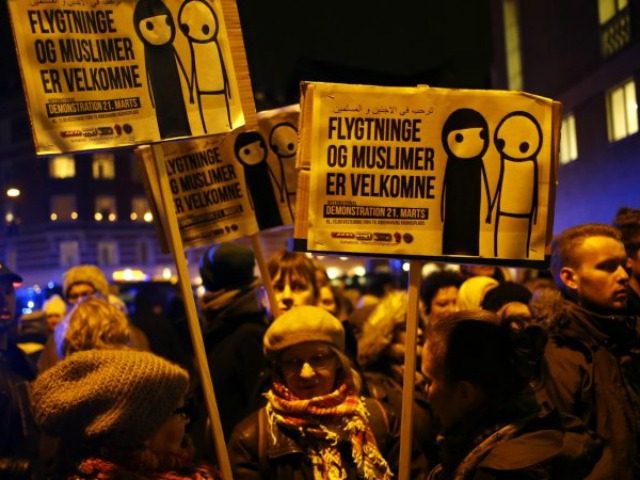A new study has found Muslims born in Denmark feel more fury at Western foreign intervention, and are more inclined to help Muslims by violent means, than foreign-born people who migrated from conflict zones.
An international team of researchers, led by Milan Obaidi of Sweden’s Uppsala University, conducted two surveys in order to identify signs of victimisation-by-proxy — whereby, in its most extreme form, Muslims born in Europe who have never lived outside the continent become so angry at the treatment of Muslims abroad that they consider carrying out acts of violence.
In order to compare the attitudes of Muslims born in Denmark with foreign-born migrants who had lived in a conflict zone during a Western military operation, researchers surveyed the two groups — looking at measures of Muslim identification, group-based anger and perceptions of Western military intervention in Muslim-majority countries.
Also examined were the cohorts’ tendencies to violence, and their nonviolent intentions to defend or support Islam and other Muslims.
Compared with Muslim immigrants, Denmark-born Muslims scored higher on most predictors of violence, and more strongly identified with Muslims across the world.
Muslims born in Denmark also “perceived Western foreign policy as more unjust, felt more group-based anger and showed stronger intentions to support Muslims by nonviolent means,” according to the paper, which reported that anger predicts support for violence.
Researchers said the result was “striking given that it is directly opposite to what would be expected from a personal experience account,” but stated the findings were “in line with other propositions that second and third generation European Muslims particularly struggle with identity crises [and] feelings of alienation, discrimination and anger.
“Recent studies demonstrate that due to perceived discrimination, Muslims separate more from host societies compared to comparable minorities belonging to other religions and this effect appears to be greater among second- and third-generation Muslims,” the paper noted.
Reflecting on why Muslims who migrated to Denmark are less angry with their host society and over perceptions of global wrongdoings by the West, the researchers said it is possible that this group finds it “easier to appreciate how Denmark has offered their families a new home, and consequently feel less aggrieved.”

COMMENTS
Please let us know if you're having issues with commenting.